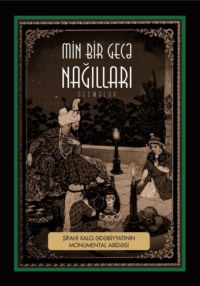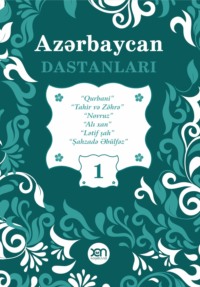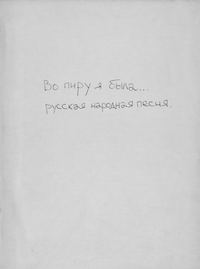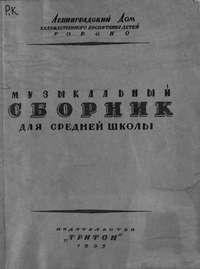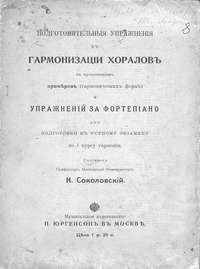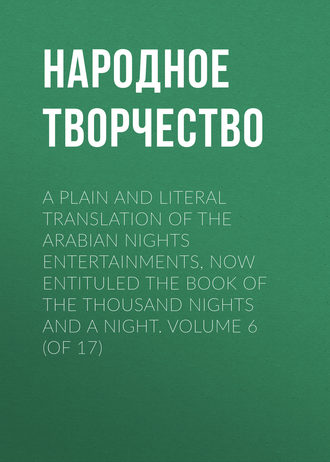 полная версия
полная версияA plain and literal translation of the Arabian nights entertainments, now entituled The Book of the Thousand Nights and a Night. Volume 6 (of 17)
349
Shays (Shayth) is Ab Seth (Father Seth) of the Hebrews, a name containing the initial and terminal letters of the Egypto-Phœnico-Hebrew Alphabet and the “Abjad” of the Arabs. Those curious about its connection with the name of Allah (El), the Zodiacal signs and with the constellations, visions but not wholly uninteresting, will consult “Unexplored Syria” (vol. i. 33).
350
The exclamation of an honest Fellah.
351
This is Antar with the Chosroë who “kissed the Absian hero between the eyes and bade him adieu, giving him as a last token a rich robe.” The coarser hand of the story-teller exaggerates everything till he makes it ridiculous.
352
The context suggests that this is a royal form of “throwing the handkerchief;” but it does not occur elsewhere. In fact, the European idea seems to have arisen from the oriental practice of sending presents in napkins or kerchiefs.
353
i.e. if the disappointed suitor attack me.
354
i.e. if ever I be tempted to deny it.
355
Arab. “Musáfahah,” the Arab fashion of shaking hands. The right palms are applied flat to each other; then the fingers are squeezed and the hand is raised to the forehead (Pilgrimage ii. 332).
356
A city and province of Khuzistán, the old Susiana. Dasht may be either the town in Khorasan or the “forests” (dasht) belonging to Ahwáz (Ahuaz in D’Herbelot).
357
This is the contest between “Antar and the Satrap Khosrewan at the Court of Monzar,” but without its tragical finish.
358
Elliptical “he rode out in great state, that is to say if greatness can truly be attributed to man,” for, etc.
359
According to D’Herbelot (s.v. Rostac) it is a name given to the villages of Khorasan as “Souad” (Sawád) to those of Irak and Makhlaf to those of Al-Yaman: there is, however, a well-known Al-Rustak (which like Al-Bahrayn always takes the article) in the Province of Oman West of Maskat; and as it rhymes with “Irak” it does well enough. Mr. Badger calls this ancient capital of the Ya’arubah Imáms “er-Rasták” (Imams of Oman).
360
i.e. a furious knight.
361
In the Mac. Edit. “Hassán,” which may rhyme with Nabhán, but it is a mere blunder.
362
In Classical Arabic Irak (like Yaman, Bahrayn and Rusták) always takes the article.
363
The story-teller goes back from Kufah founded in Omar’s day to the times of Abraham.
364
This manœuvre has often been practised; especially by the first Crusaders under Bohemond (Gibbon) and in late years by the Arab slavers in Eastern Intertropical Africa. After their skirmishes with the natives they quartered and “brittled” the dead like game, roasted and boiled the choice pieces and pretended to eat the flesh. The enemy, who was not afraid of death, was struck with terror by the idea of being devoured; and this seems instinctive to the undeveloped mind.


